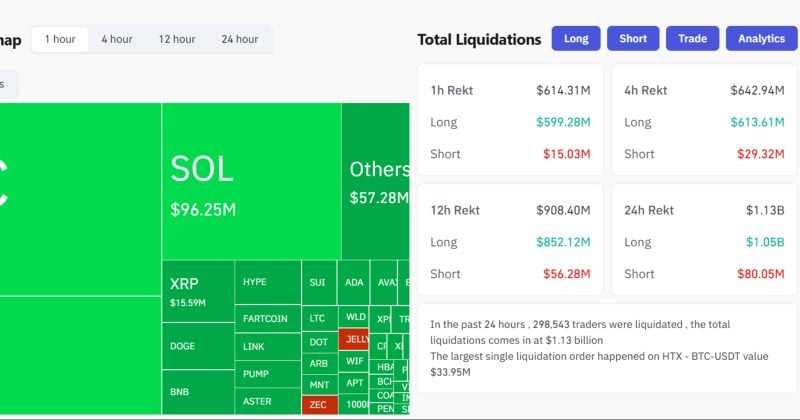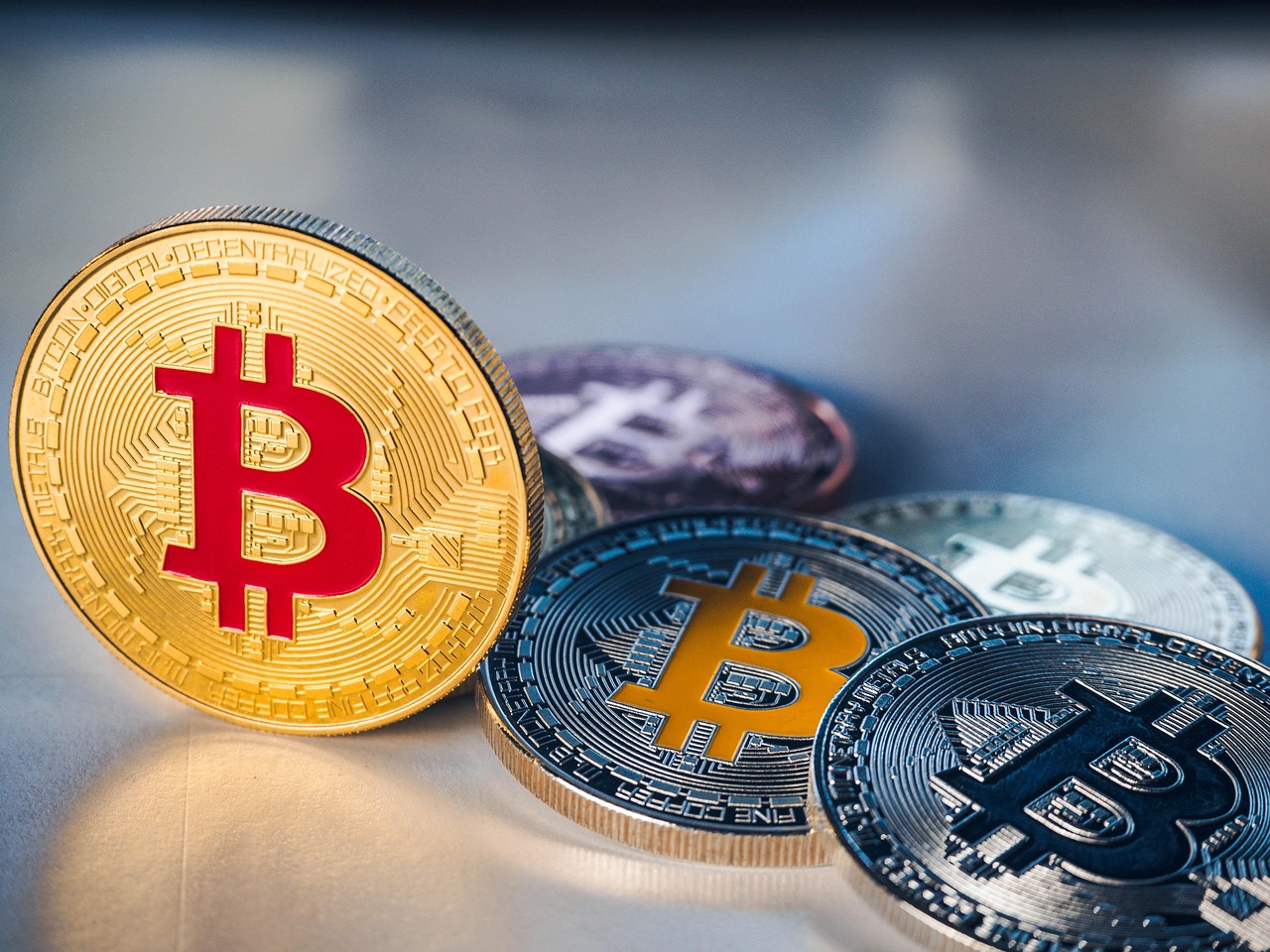Hong Kong’s top market regulator wants to allow licensed crypto platforms to tap into global order books to spur market activity, which has been relatively muted compared to more active hubs like the United States in recent years.
Summary
- Hong Kong will allow licensed crypto exchanges to link with global order books under a newly issued SFC circular.
- The SFC may allow licensed crypto brokers to access global liquidity in future phases.
Hong Kong Securities and Futures Commission Chief Julia Leung announced the new rules at the Hong Kong FinTech Week 2025 event.
Currently, crypto exchanges in Hong Kong follow a “pre-funded and settled instantly” model under which client orders are matched and completed within a closed system. However, the new framework introduces what the SFC describes as a “Shared Order Book,” allowing local platform operators to match client orders with those from overseas affiliates, provided they are “licensed in the relevant jurisdiction” and meet international compliance standards.
“[This] integration will enable local investors to tap global market liquidity efficiently with better price discovery and more competitive prices,” Leng said.
To mitigate cross-border risks under the framework, platforms must put in place “automated pre-trade verification” systems to confirm sufficient settlement assets and follow a “delivery-versus-payment settlement mechanism” to avoid mismatches.
The regulator also requires platforms to settle all trades with the overseas entity “at least once a day” and maintain a reserve fund in Hong Kong, “held on trust” to compensate clients in case of settlement failure. In addition, platform operators must conduct joint “unified market surveillance” with their overseas affiliates and designate officers to oversee potential misconduct alerts in compliance with the SFC’s standards.
Further, retail access to these shared order books is permitted only if clients are given “clear disclosure” of the cross-jurisdictional risks and “expressly elect to participate,” the circular noted.
“Overly strict requirements risk driving liquidity and talents to lighter-touch jurisdictions, but too little oversight could undermine trust and stability,” Leng added.
Further, Leung added that the SFC may also allow locally licensed crypto brokers to access global liquidity pools in the future, and that could open up a faster path for players like Binance to enter the market with a broker license, without having to acquire a full crypto exchange license.
Hong Kong’s recent efforts remain aligned with its ambitions to become a leading digital asset hub in Asia, but so far, these efforts have not delivered the level of market activity or trading volume regulators had hoped for. In terms of crypto adoption, Hong Kong still lags behind regional counterparts like India, Japan, and Vietnam, as suggested by Chainalysis data.
At the same time, Hong Kong has faced some resistance from mainland authorities, who are concerned about the influence of privately issued digital currencies and the risks tied to cross-border stablecoin activity.
Yet, regulators remain committed to building a trusted and globally competitive crypto ecosystem. Another circular from the SFC, also released on Nov. 3, removed the requirement for new tokens and HKMA-approved stablecoins to have a 12-month trading history before being made available to professional investors.
















 English (US) ·
English (US) ·